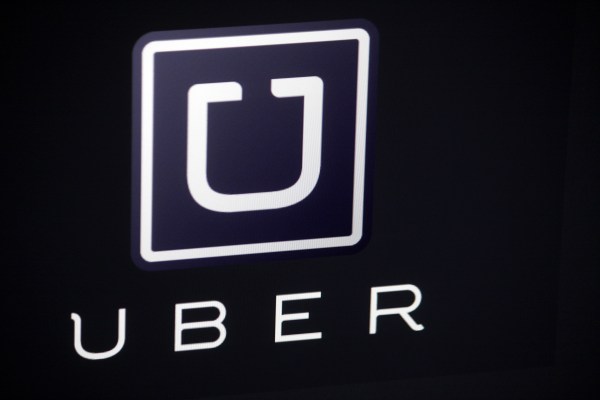Update: Uber has been banned in New Delhi, Economic Times reports, marking the latest turn of events that began when a driver alleged raped a female passenger late on Friday. Authorities say the service is misleading customers.
Uber declined to comment, but we will update this story with any response we receive.
Our original story continues below…
Early today, Uber pointed the finger at India’s transportation licensing system after a convicted sex offender who became a driver for the company in New Delhi was arrested on the suspicion of raping a passenger.
Police apprehended a suspect this weekend after a female passenger told them that she had been raped while taking an Uber ride home on Friday night. Subsequent reports have since suggested that the driver previously spent seven months in prison for sexual assault.
That’s according to Huffington Post India, which also claimed he is not in possession of a valid New Delhi driving license. The latest reports are that he has admitted his crime, although a statement is due later today.
Uber confirmed on Saturday that it was working with authorities, and today CEO Travis Kalanick released a statement:
What happened over the weekend in New Delhi is horrific. Our entire team’s hearts go out to the victim of this despicable crime. We will do everything, I repeat, everything to help bring this perpetrator to justice and to support the victim and her family in her recovery.
We will work with the government to establish clear background checks currently absent in their commercial transportation licensing programs. We will also partner closely with the groups who are leading the way on women’s safety here in New Delhi and around the country and invest in technology advances to help make New Delhi a safer city for women.
Uber declined to comment when asked about the vetting process behind the recruitment of this driver and others in India.
In a statement on its blog, the company said it “exclusively partners with registered for-hire drivers who have undergone the commercial licensing process, hold government issued IDs, state-issued permits, and carry full commercial insurance.” In the U.S., it claims to reference a range of checks over the last seven years.
Kalanick’s response makes it clear that the company blames the current system in India for allowing a convicted sexual offender — and one without the required driving license — to serve as a driver and representative for the company.
As we pointed out yesterday, Uber has carefully constructed its Terms of Service to remove itself from any liabilities connected to fighting, quarrels and other incidents between drivers and passengers. They are similar to rivals what rivals Lyft and Sidecar offer. However, Indian authorities have signalled that they may take action against Uber, suggesting that the company may in fact be liable for its customers’ experiences regardless.
It is true to say that traveling late at night in India can be dangerous for women in India, particularly in New Delhi, as Quartz points out — but should Uber promote its service as being safe for women when it does not have full control over the kind of people who actually drive for it?
The company has not detailed exactly how it intends to work to improve the situation in India, but this tragic incident is a (yet another) wakeup call for its worldwide business. Scaling a service quickly with small teams and a ‘global playbook’ may be impressive from a startup strategy/Silicon Valley perspective, but more numbers on the ground could help ensure against repeat incidents like this in the future.
As I wrote last month when Uber was under pressure over how it handles user data, I hope the company can turn this all around because it provides an incredible service that many people rely on. And with a fresh $1.2 billion funding round in the bank and a renewed focus on Asia Pacific, India is clearly a key market for the company.
